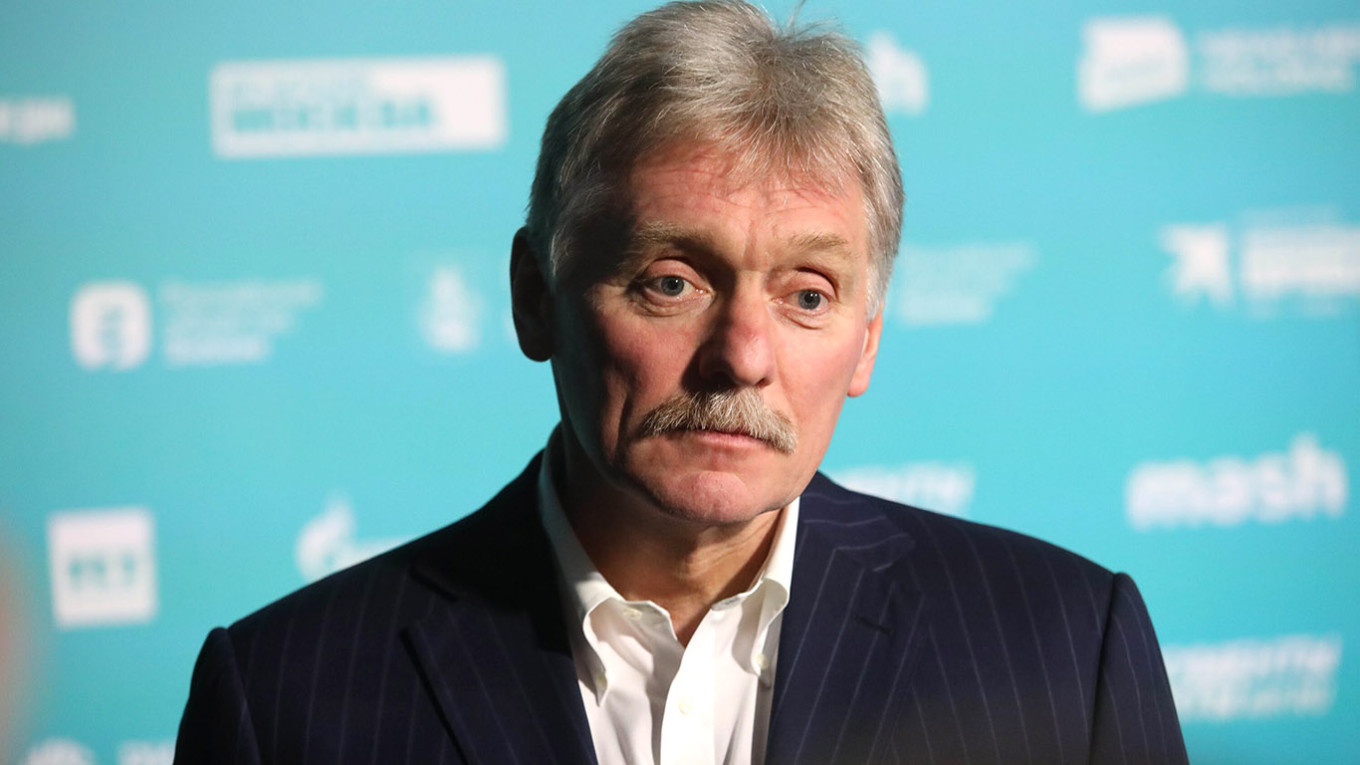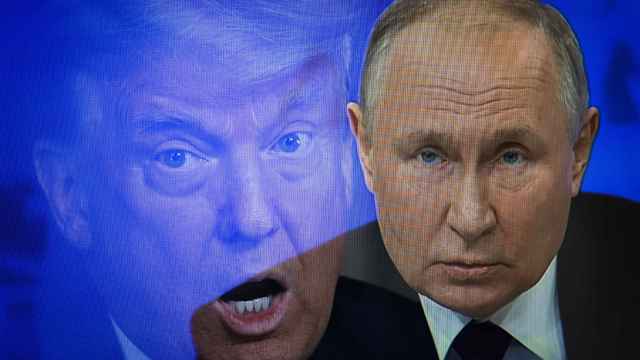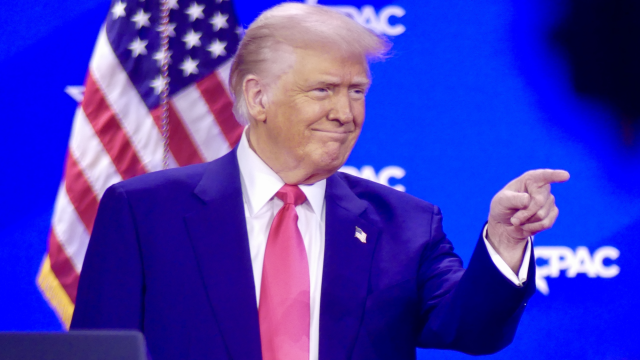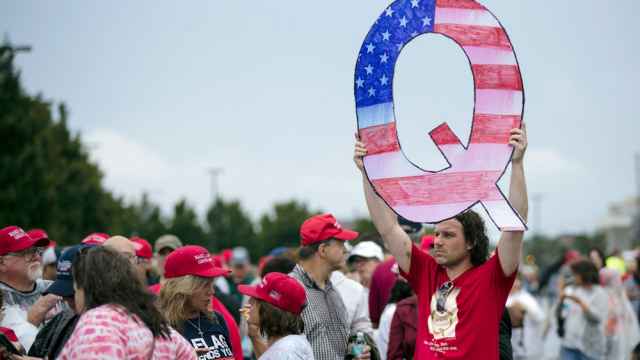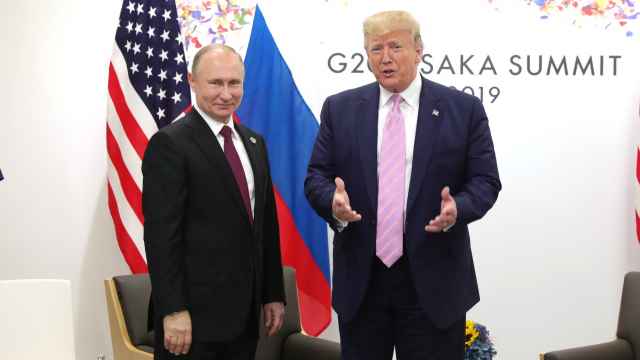Russian President Vladimir Putin may speak with U.S. President-elect Donald Trump before his inauguration in January, but the Kremlin leader will not initiate contact, his spokesman Dmitry Peskov said Thursday.
Trump, who secured a historic second term in the White House on Wednesday, has pledged to end the war in Ukraine before taking the oath of office. His criticism of outgoing President Joe Biden’s support for Ukraine has raised concerns in Kyiv that Washington might suspend arms deliveries, potentially weakening Ukraine’s defense against Russia’s gradual territorial gains.
“It’s not ruled out,” Peskov told reporters when asked about possible contact between Putin and Trump before the Jan. 20 inauguration. “[Trump] has said he’d call Putin before the inauguration. These are his words, we have nothing else to say here yet.”
On Wednesday, Peskov said Putin remains “open” to contact with Trump but indicated that Russia would not take the first step in re-establishing communication.
Kurt Volker, Trump’s envoy for the Russia-Ukraine conflict between 2017 and 2019, said he expects Trump to contact the Kremlin leader with the goal of a swift resolution to the war.
“I think he’s going to make a phone call to Putin as quickly as possible and tell Putin that he needs to stop the war,” Volker told the Kyiv Independent shortly after the election results were called Wednesday.
“That will start a discussion about how that actually happens,” Volker added. “I don’t think Trump wants to see this war continue once he’s actually in office.”
According to reporting by the Wall Street Journal, advisers in Trump’s transition team have put forward several proposals that would effectively freeze the war in Ukraine, solidifying Moscow’s territorial gains.
A Message from The Moscow Times:
Dear readers,
We are facing unprecedented challenges. Russia's Prosecutor General's Office has designated The Moscow Times as an "undesirable" organization, criminalizing our work and putting our staff at risk of prosecution. This follows our earlier unjust labeling as a "foreign agent."
These actions are direct attempts to silence independent journalism in Russia. The authorities claim our work "discredits the decisions of the Russian leadership." We see things differently: we strive to provide accurate, unbiased reporting on Russia.
We, the journalists of The Moscow Times, refuse to be silenced. But to continue our work, we need your help.
Your support, no matter how small, makes a world of difference. If you can, please support us monthly starting from just $2. It's quick to set up, and every contribution makes a significant impact.
By supporting The Moscow Times, you're defending open, independent journalism in the face of repression. Thank you for standing with us.
Remind me later.


